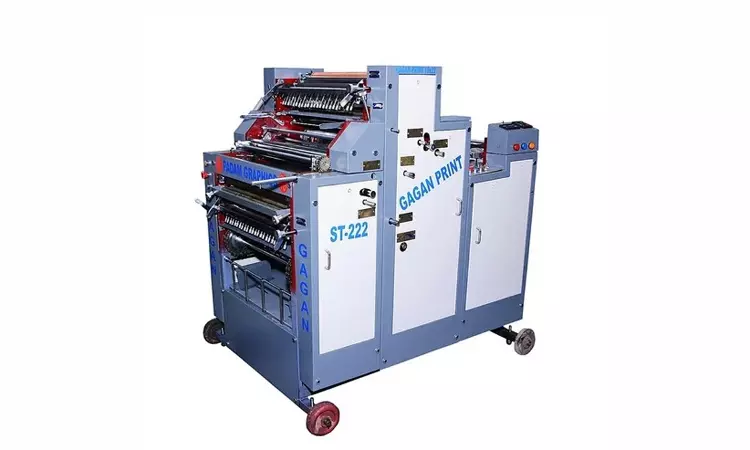The National Consumer Disputes Redressal Commission, presided by Justice A. P. Sahi, in an appeal against Padam Graphics for a defective machine, held that the State Commission's suggestion to file a fresh complaint if dissatisfied with the repairs is redundant and serves to prolong litigation unnecessarily. It was further held that instead of dismissing the complaint by asking...

